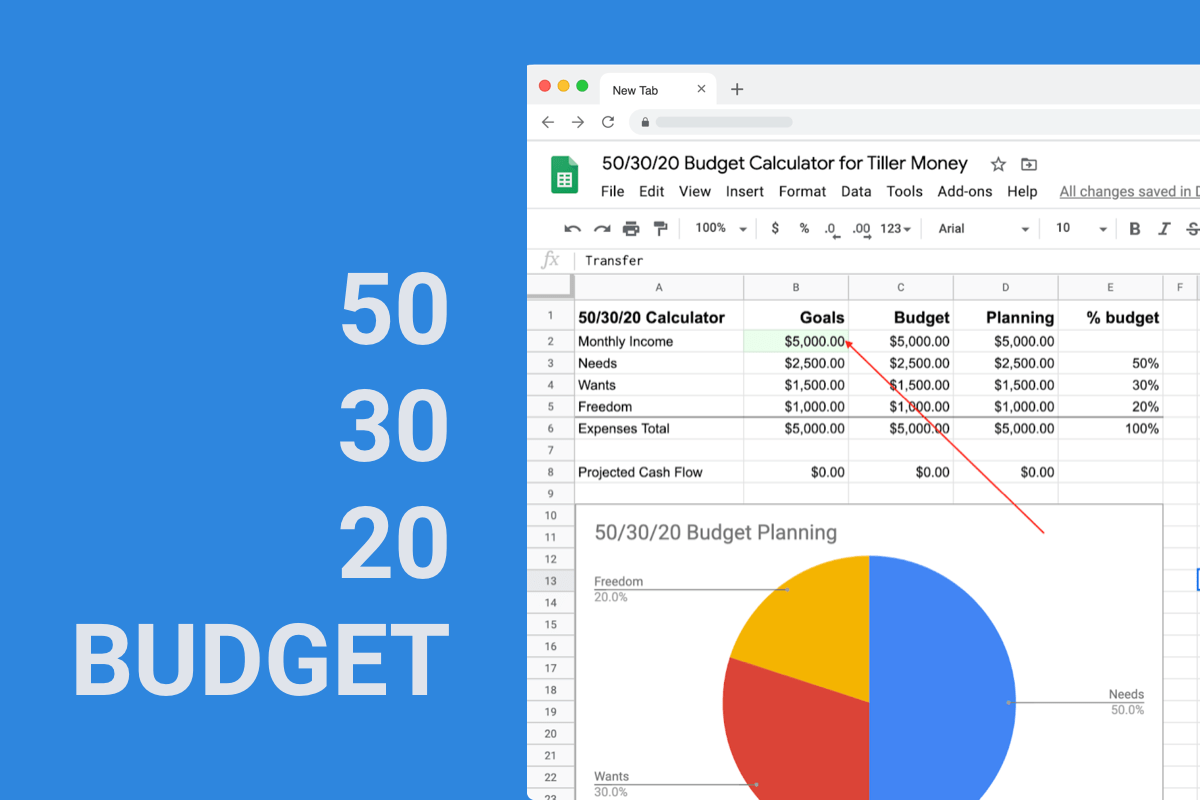How to Win at Budgeting in 2023

Budgeting often seems like a big scary concept that’s going to control your life or take away your freedom.
In reality, the reverse is true, and it’s pretty simple to win at this game of keeping tabs on your money.
Be easy on yourself
We’re human. We’re not perfect. Give yourself permission to fail. Give life permission to present unexpected circumstances. Do your best to be prepared.
When your best friends from out of town surprise you with a visit, it’s easy to go over on your restaurants budget, right? That’s okay!
You’re enjoying life and spending quality time with people you love. How can you be prepared to shift your spending elsewhere so that you don’t go over in other categories?
We’re human, and we’re not perfect. Give yourself permission to fail. Give life permission to present unexpected circumstances. Do your best to be prepared.
If your car breaks down, that’s out of your control. Don’t beat yourself up over an expensive repair.
Take a look at your budget overall and understand where you can cut back for the rest of this month or know that you have to trim things for next month. Call on your emergency fund if you have one and increase your savings next month to replenish it.
Change is easier when you have the facts, right?

It might seem like it’s easy to make a change when the obvious is in your face. But once again, we’re human and prone to habit.
Your budget gives you information and feedback about your habits. It’s a great opportunity to help change them if they don’t align with your values.
Be mindful as you review your transactions to help you understand whether a purchase aligns with your values or not. In the Tiller Money Community, we even have a really simple Values-Driven Budgeting template inspired by New York Times best-selling author, Carl Richards.
It’s focused on whether your purchase is aligned with your values, and that’s it.
No categories to fuss with, just a simple yes or no as you review transactions.
If you’re having a hard time with the behavioral and habit aspects of budgeting, this might be a good exercise to help you to shift spending patterns.
Patience is a virtue. Old money habits die hard.

Change takes time. The types of shifts necessary to break your budget-busting habits won’t happen overnight. So be patient with yourself.
Understanding where your money is going and establishing a realistic budget can take two to three months.
Our customers love Tiller because it speeds this process up and makes building the historical picture of designing a realistic budget much quicker.
“I love that Tiller automatically pulls my transactions in – that’s the part that I always hated. AND I love that I can pick my own categories. I like that I can adjust my income as necessary and change the budget amounts….this is the first budget tracking system that is working for me.”
But even when you have the historical picture and can easily customize many aspects of your budget, it’s still up to you to know where it’s breaking down. And it’s up to you to make changes necessary to keep your budget in line.
Patience and the Science of Habits
Just like all habits, our spending habits require intervention if they’re ever going to change. The University of Southern California suggests practicing three steps for forming better habits and some suggestions for disrupting the bad ones.
How might you use this research to change your money habits?
- Inventory your bad habits. Where is your budget breaking down each month?
- Create a list of healthy spending habits you want to try and adopt to counter those bad habits. Perhaps you decide to eliminate restaurant spending from your budget.
- Create stable cues for your spending habit changes. You always eat out at restaurants for lunch because you don’t feel like you have time to pack a lunch. Instead of also surfing the net, make your podcast listening time, “lunch packing time.”
- Repetition is key. We learn through doing. Be consistent with practicing your habit change goals.
- Reward yourself sporadically. Throughout your shift, figure out nice ways to reward yourself for being consistent. Try and combine it with other activities where you’d be spending anyway. Maybe it’s a smoothie or sandwich while you’re grocery shopping after a week of successfully not eating out at restaurants.
- Disrupt the cycle. Figure out a way to change your environment or routine so that the cues and triggers that normally prompt you to spend don’t come up. If you drive to work alone and always stop for coffee try carpooling with a co-worker.
- Constant monitoring. If you’re always keeping track your spending habits are always in your awareness and it’s easy to spot whether your habits are shifting or not. Tiller makes this monitoring quick and easy by getting everything in one place for you automatically every day.
You win when you’re aware

Budgeting doesn’t have to be a daunting regimented task. It can be as simple as checking in to see how you’re doing and being aware of where your money is going.
Awareness is the key. The more engaged you are with your finances the more likely you are to see shifts happen on their own.
As you gain more awareness and start to shift your spending you’ll gain greater control of your money, and ultimately your freedom to focus on everything else in life that matters more.
One comment
Leave a Reply
You must be logged in to post a comment.













> Be easy on yourself.
Is singularly the best advice for any change, imo. Great work!